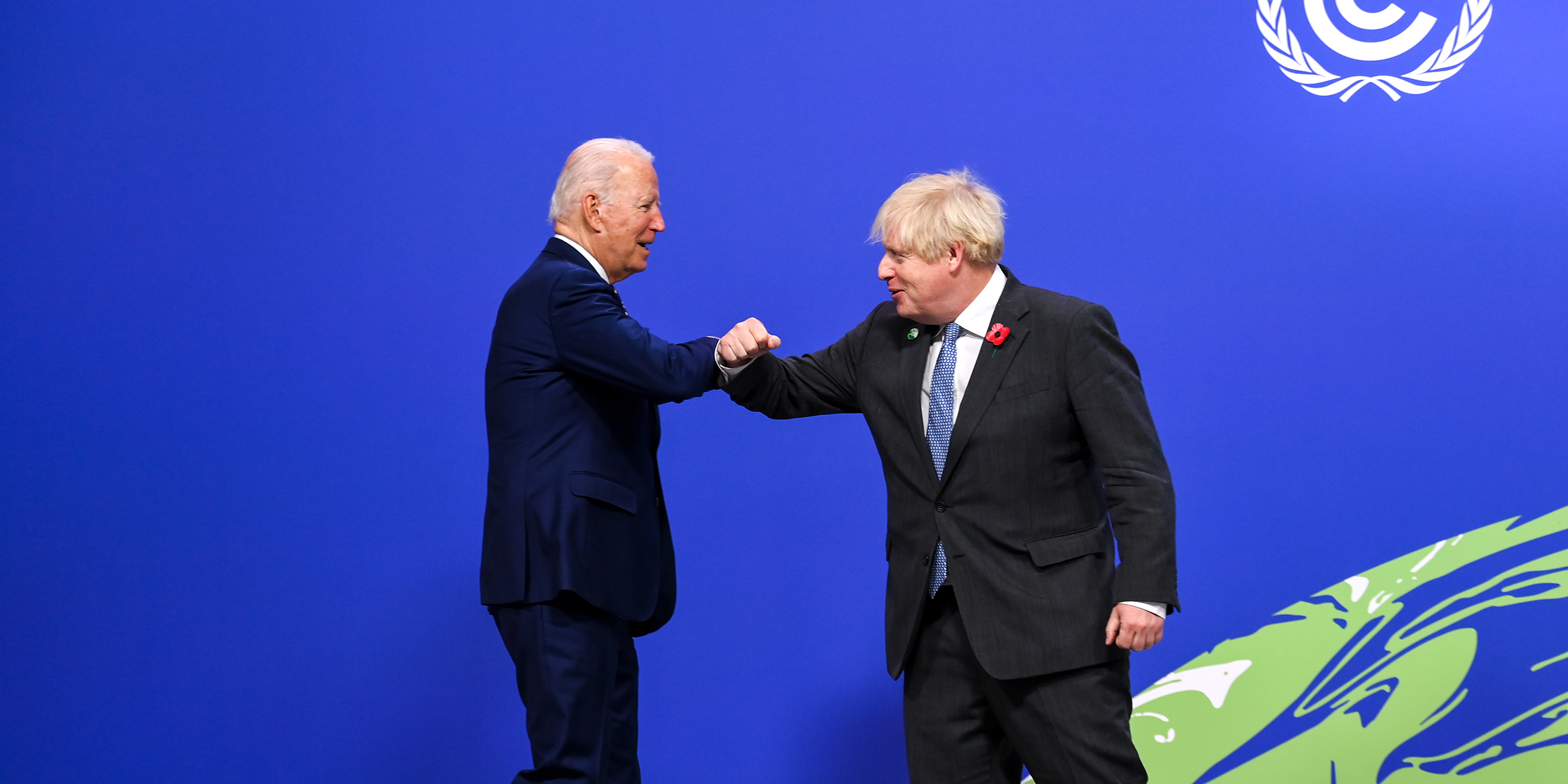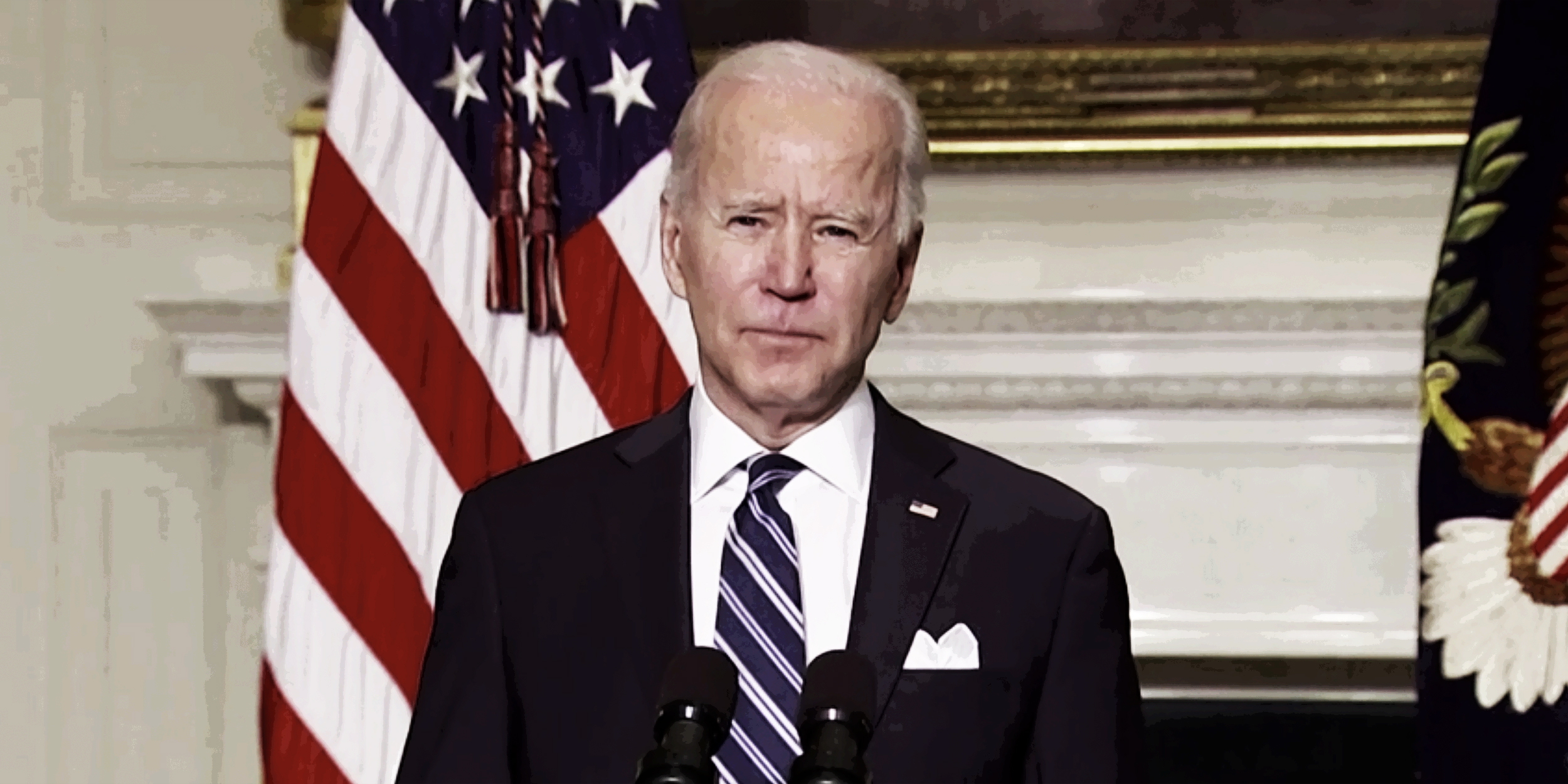
We reflect on the day the UK formally left the EU with Professor Simon Hix and Professor Tony Travers.
31 January 2020 marked the moment the UK formally left the EU. It was a day that some thought would never come and others hoped would never come. However, following three and a half years of political turmoil since the EU referendum in June 2016 it was the point at which Britain’s Brexit fate was finally and irrevocably sealed even if the arguments and practical realities surrounding it remain far from resolved. We spoke to two of our leading experts on British and EU politics to get their thoughts on this most seismic of political moments.
We may be leaving the EU but we have many common interests and reasons to work together
“Leaving the EU is a sad moment for some British people”, said Professor Simon Hix when we asked him to reflect on the significance of this day. A large amount of Simon’s work and research has been dedicated to European politics, so this clearly represented both a political and personal watershed. However, as he points out, “we can’t deny our geography”, and there are many areas, such as trade, academic research, security and climate change where where we will have to work together, “so, for all of these reasons there will have to be a new relationship between the UK and the rest of Europe.” And ultimately, he is optimistic that, “together we will build a new and very prosperous relationship.” Watch our full video with Simon below.
We’ve only just begun the next stage of a huge political and economic change
Professor Tony Travers has helped us make sense of many of the twists and turns of the Brexit saga with his contributions to our Brexit Bulletin video series and he was quick to make clear that this, “is both an end and a beginning because it’s a beginning of a new relationship between the EU and the UK which will have to be created in the months and years ahead.” “UK politics and the economy are now going to be recast”, he told us, “but it isn’t just politics that is going to be affected by this, the economy will itself change and therefore feed back into politics.” So, we can expect to see Brexit exert its influence on the UK for the considerable future because, “in some ways we’ve only just begun the next stage in what will be a fascinating and remarkable political and economic change.” Watch our full video with Tony below.
Our future, like our past, will continue to be very much intertwined
So, whilst 31 January 2020 represents both a symbolic and very real moment in the history of the UK and its relationship with Europe, it seems certain that our future, like our past, will continue to be very much intertwined. It is also clear that Brexit is far from over, the UK has formally left the EU but there is a long way to go before we know what the UK’s future relationship with Europe will look like and it will continue to be a disruptive and defining force in UK politics for a long time to come.
LSE Government is proud to be a truly global department with amazing staff and students from all over the world, including many from across the EU. They deliver world-class teaching, carry out ground-breaking research, bring global insights to the political debate and help to make life in the department what it is. We will continue to value the vital role they play in the department and the LSE, whatever the future may bring.
 Simon Hix is the LSE Pro-Director for Research and Harold Laski Professor of Political Science in the LSE Department of Government, his research interests include European political institutions, parties and elections, and the design and reform of democracies.
Simon Hix is the LSE Pro-Director for Research and Harold Laski Professor of Political Science in the LSE Department of Government, his research interests include European political institutions, parties and elections, and the design and reform of democracies.
 Tony Travers is a Visiting Professor in the LSE Department of Government, Associate Dean of the LSE School of Public Policy and Director of LSE London, a research centre at the London School of Economics.
Tony Travers is a Visiting Professor in the LSE Department of Government, Associate Dean of the LSE School of Public Policy and Director of LSE London, a research centre at the London School of Economics.
Note: this article gives the views of the authors, and not the position of the LSE Department of Government, nor of the London School of Economics.





